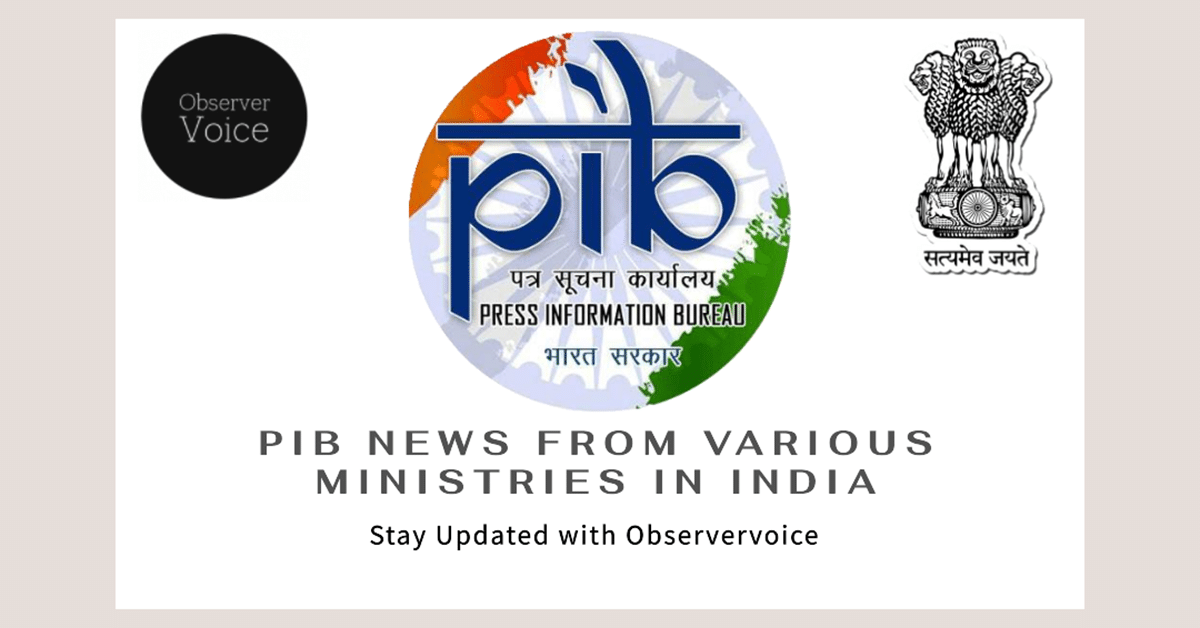Celebrating 150 Years of IMD’s Service

The India Meteorological Department (IMD) is celebrating a remarkable milestone—150 years of dedicated service to the nation. Established in 1875, IMD has been a cornerstone in providing essential weather and climate services. Its contributions span various sectors, including disaster management, agriculture, aviation, and public safety. As the National Meteorological Service of India, IMD plays a vital role in safeguarding lives, supporting economic development, and advancing scientific research for societal benefit. This article explores the history, significance, achievements, and future vision of the IMD as it marks this significant anniversary.
A Historic Foundation: The Birth of IMD
The India Meteorological Department was founded in 1875, a response to catastrophic weather events that highlighted the need for centralized meteorological services. Notably, a devastating tropical cyclone struck Calcutta in 1864, followed by severe monsoon failures in 1866 and 1871. These events underscored the vulnerabilities of the Indian subcontinent to extreme weather conditions.
The establishment of IMD marked a pivotal moment in the development of meteorology in India. It unified meteorological work under a single authority, enhancing the country’s ability to monitor and respond to weather-related challenges. Since its inception, IMD has evolved into a modern physical science, continually upgrading its capabilities through cutting-edge technology and research.
Today, IMD stands as a cornerstone institution in weather and climate services. Its work is crucial for mitigating the impact of natural disasters, supporting agriculture, and contributing to the socio-economic development of India. The department’s commitment to advancing meteorological science has been instrumental in enhancing disaster preparedness and response across the nation.
Celebrating Achievements: IMD’s Innovations and Contributions
As IMD celebrates its 150th anniversary, it reflects on significant advancements and achievements over the years. The department has made notable strides in weather observations, communication, and numerical weather prediction.
One of the key achievements includes the replacement of all mercury barometers with digital barometers at Class I observatories, in line with the UNEP Minamata Convention. This change enhances safety and accuracy in weather measurements. Additionally, IMD has deployed 200 Agro Automatic Weather Stations (AGRO AWS) to improve agro-meteorological services, supporting farmers with timely weather information.
In terms of communication, IMD launched a crowdsource web interface in January 2021 and a mobile app called “Public Observation” in January 2022. These platforms allow users to provide real-time weather feedback, enhancing community engagement and data collection.
Moreover, IMD has significantly improved its numerical weather prediction capabilities. The overall forecast accuracy has seen a 40% improvement since 2014. The expansion of the Doppler Weather Radar network from 15 to 39 stations has increased the land area coverage by approximately 35%. These advancements have proven invaluable, particularly in predicting cyclones, where accurate warnings have drastically reduced fatalities.
Vision for the Future: Mission Mausam and Beyond
On January 14, 2025, Prime Minister Narendra Modi graced the 150th Foundation Day celebrations of IMD, launching ‘Mission Mausam.’ This initiative aims to transform India into a ‘Weather-ready and Climate-smart’ nation. It focuses on advanced weather surveillance technologies, high-resolution atmospheric observations, next-generation radars, satellites, and high-performance computing systems.
During the celebrations, the Prime Minister also unveiled a commemorative postage stamp and coin, alongside the IMD Vision-2047 document. This roadmap outlines strategies for weather resilience and climate change adaptation as India prepares to mark its centenary of independence in 2047.
The event featured workshops and activities that showcased IMD’s contributions to making India climate-resilient. As the department looks to the future, its commitment to harnessing science for societal progress remains steadfast. With ongoing innovations and a focus on community engagement, IMD aims to enhance its services and ensure that India is prepared for the challenges posed by climate change.
A Legacy of Excellence: IMD’s Role in India’s Development
As IMD celebrates its 150th anniversary, its legacy as a cornerstone of India’s development and safety is undeniable. From pioneering meteorological research to adopting state-of-the-art technology, IMD continues to evolve. Its unwavering commitment to innovation and service ensures that its offerings remain relevant and impactful in an era of climate change and increasing weather unpredictability.
IMD’s role extends beyond mere weather forecasting; it is integral to national safety and economic stability. The department’s efforts in disaster management, agricultural support, and public safety have saved countless lives and contributed to the socio-economic development of the nation. As India faces the challenges of climate change, IMD stands ready to meet these challenges head-on, ensuring a safer and more resilient future for all.
Observer Voice is the one stop site for National, International news, Sports, Editor’s Choice, Art/culture contents, Quotes and much more. We also cover historical contents. Historical contents includes World History, Indian History, and what happened today. The website also covers Entertainment across the India and World.

